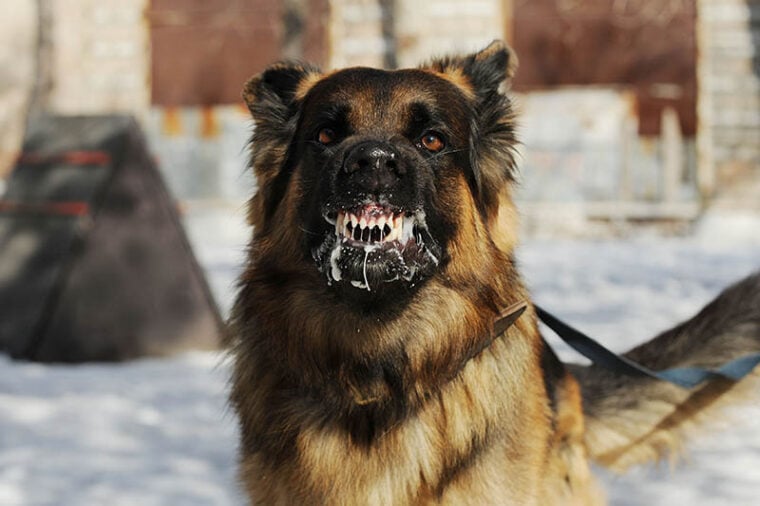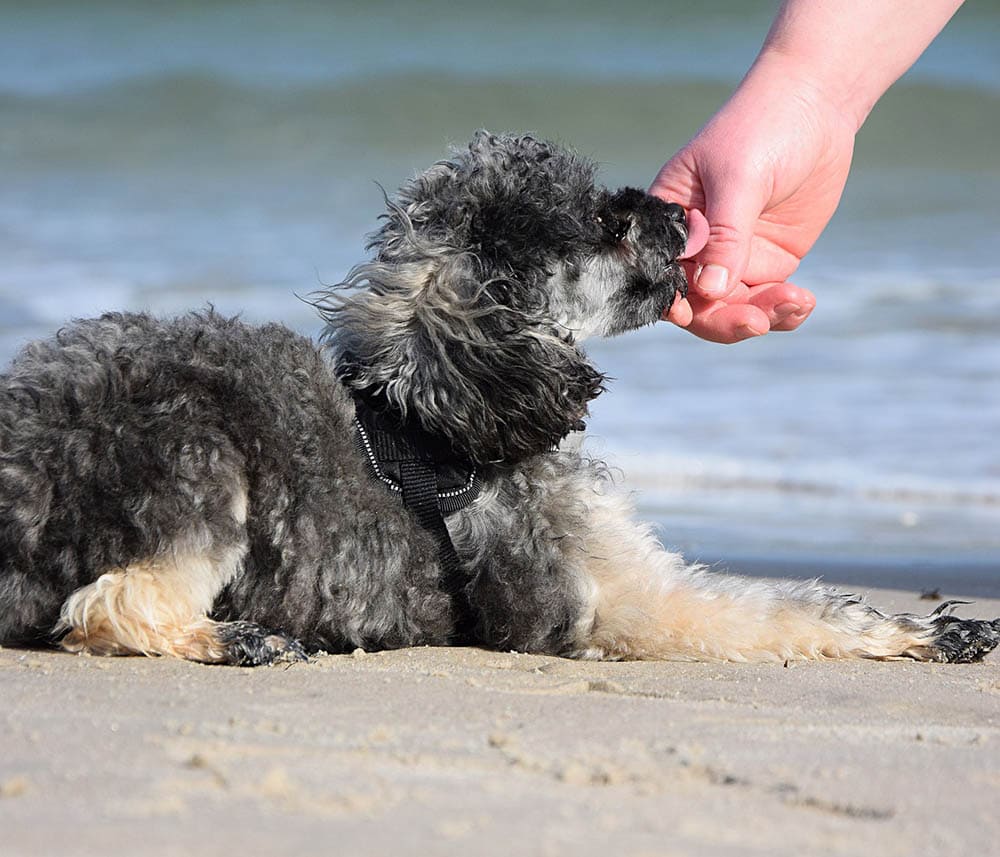
Rabies is a viral disease that can affect all mammals, including dogs and humans. It has been found in every continent except Antarctica and is responsible for approximately 59,000 human deaths worldwide each year.
The rabies virus is known to be transmittable in different ways. We will discuss these different routes of transmission in this article, so read on to learn more about the rabies virus.
Transmission of Rabies to Dogs
One way that rabies can be transmitted is through contact with an infected animal’s saliva. This can happen in several ways, including via bites or scratches from an infected animal or exposure to the mucous membranes of an infected animal’s mouth.
It’s worth noting that the primary route of transmission is via an infected animal’s bite. However, if an animal gets an infected animal’s saliva or brain tissue in its nose, mouth, or eyes, transmission is possible.

What Is the Most Common Way for a Dog to Get Rabies?
The most common way for a dog to get rabies is by being bitten by another dog or animal with the virus. Thankfully, there are vaccines available to help prevent rabies in dogs and other animals.
If you have a dog, it is important to be aware of the risk of rabies and to make sure your dog is up to date on its vaccinations. With proper care and prevention measures, you can help protect your dog from this dangerous virus.
Can Rabies Spread if a Dog Licks You?
It is possible for rabies to spread via dog saliva if the dog is infected with rabies. Moreover, the saliva from the lick would have to be on an open wound or get into your eyes or mouth somehow.
It’s also possible to transmit it by touching the saliva from the lick and then touching your eyes or mouth. But again, this is rare.

How Do You Know if a Dog Carries Rabies?
It can be difficult to know if a dog carries rabies, especially since dogs are not the only animals that can contract this virus. That said, if you see a dog act aggressively, drool more than usual, display unusual behavior, or lose coordination, it might be wise to keep your distance and avoid any contact.
To determine whether a dog is carrying rabies, it would need to be tested by a veterinarian. Rabies diagnostic testing in dogs is done with cerebral tissue. These tests can only be performed once the animals are dead or euthanized. Never attempt to get near a dog you suspect is infected and remember to make a report to animal services.
How to Prevent Your Dog from Getting Rabies
Prevention is key when it comes to rabies, especially since there is no treatment once a dog has been infected. Here are some important steps to prevent your dog from getting rabies:
By taking these steps, you can help keep your dog healthy and safe from this serious virus. If your dog isn’t yet vaccinated for rabies, you should talk to your veterinarian about starting this routine as soon as possible.
Conclusion
As you can see, there are several different ways that a dog can contract rabies. By taking the necessary precautions and vaccinations, you can help prevent your dog from being exposed to this serious virus.
- Related Read: 10 Common Side Effects of the Rabies Vaccination in Dogs
Featured Image Credit: Victoria Antonova, Shutterstock








